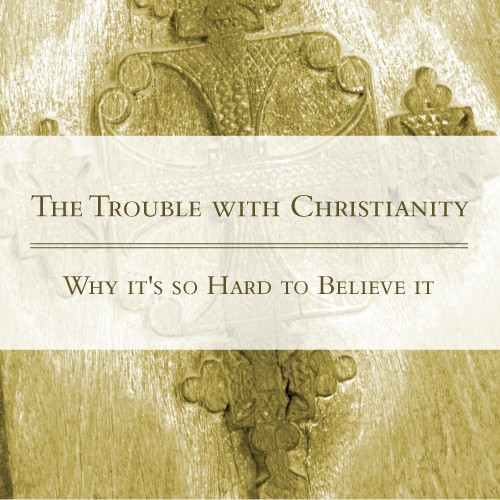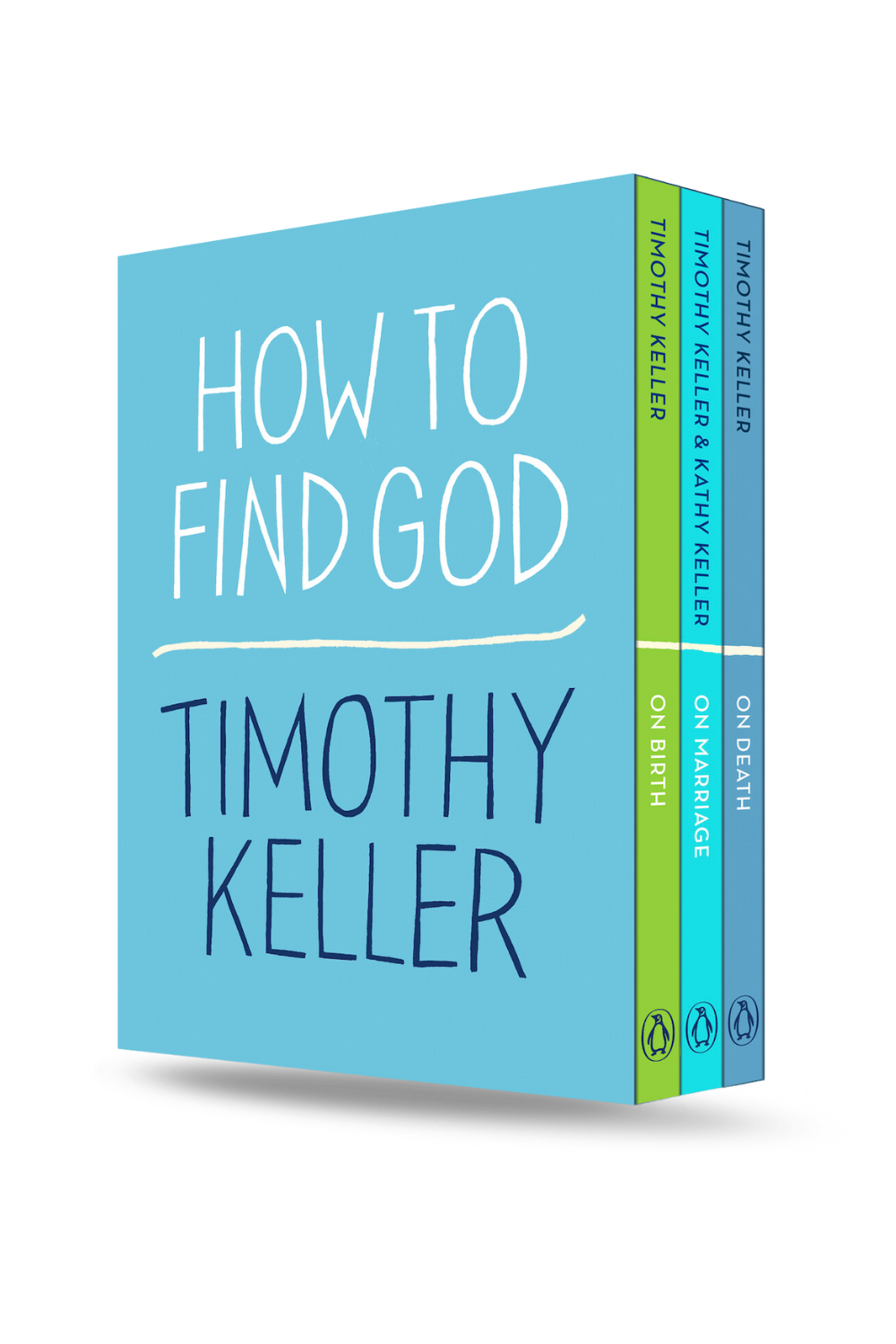
The Doctrine of Human Nature
Tim Keller | June 20, 2004
Outline
Looking at Psalm 8 and 14
When we read Psalm 8 and 14, written by David, we see two very different pictures of humans. One shows us as special and important, because we’re made by God. The other shows us as naturally flawed and selfish. These Psalms teach us about who we are and how we can balance the good and bad sides of ourselves.
1. The best part of being human
Because we’re made in God’s image, we have special abilities like thinking deeply, making art, and using language. These abilities give us value and a purpose in life. This idea goes against the belief of some people who think there’s nothing more to life than what we can see and touch. It also challenges ideas that some people are better than others because of their race or status. However, to truly understand who we are and why we matter, we need to recognize that our worth comes from God, not from ourselves or our achievements.
2. The worst part of being human
Psalm 14 tells us that without God’s help, we can’t truly seek Him or do things completely for others. This suggests that we’re not naturally good and need God to change our hearts. The horrors of the Holocaust serve as a stark reminder of the capacity for evil in humans, showing that we’re both special and flawed at the same time.
3. Balancing the good and the bad
The story of Dr. Jekyll and Mr. Hyde is a good example of the Bible’s view of humans. It suggests we have two sides: one very good, and one very bad. Jesus Christ lived a perfect life and died for us, showing us how to balance these two sides and discover our true value. This understanding of who we are should change how we see ourselves and others, recognizing that every person has value and potential.




